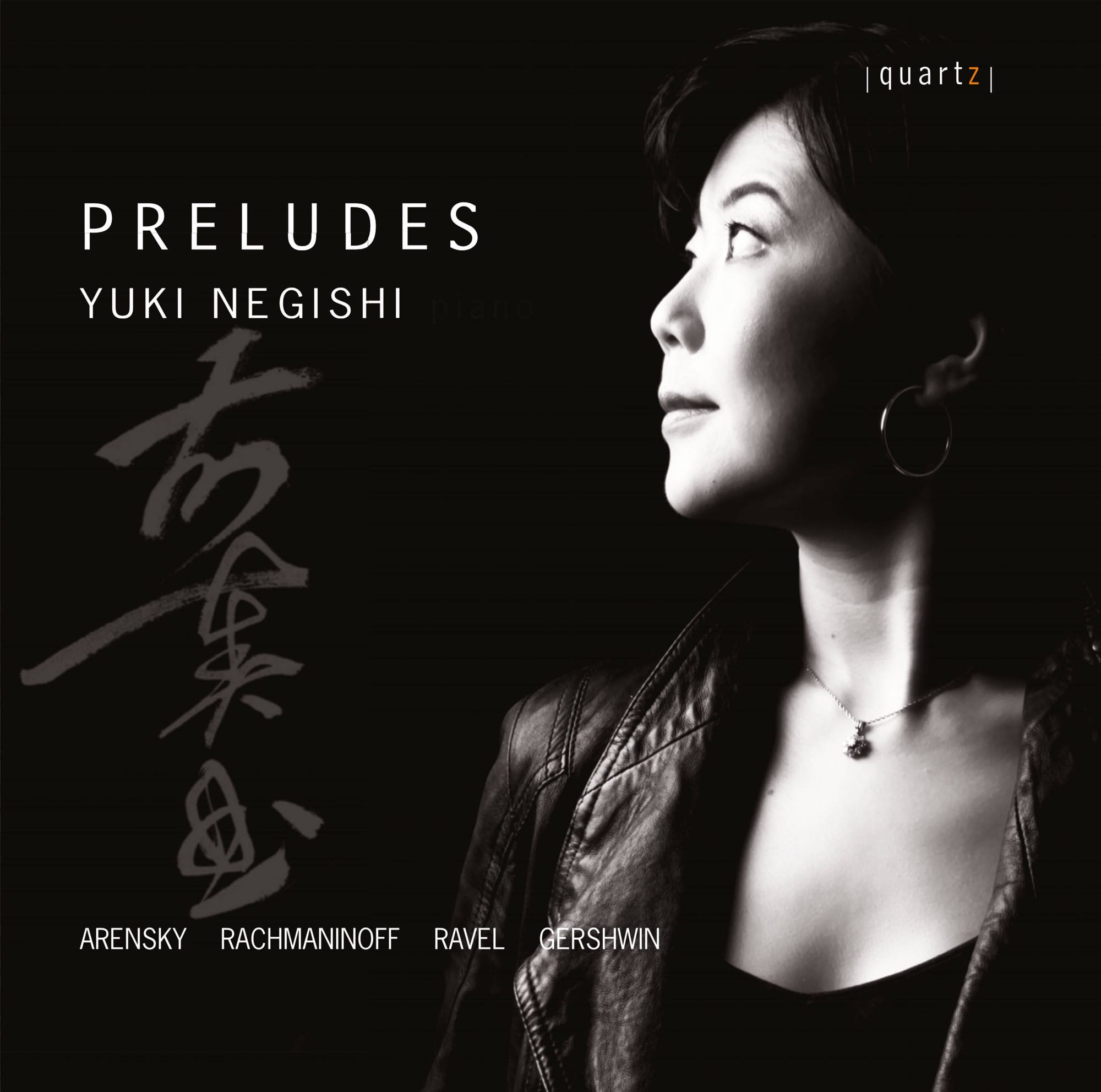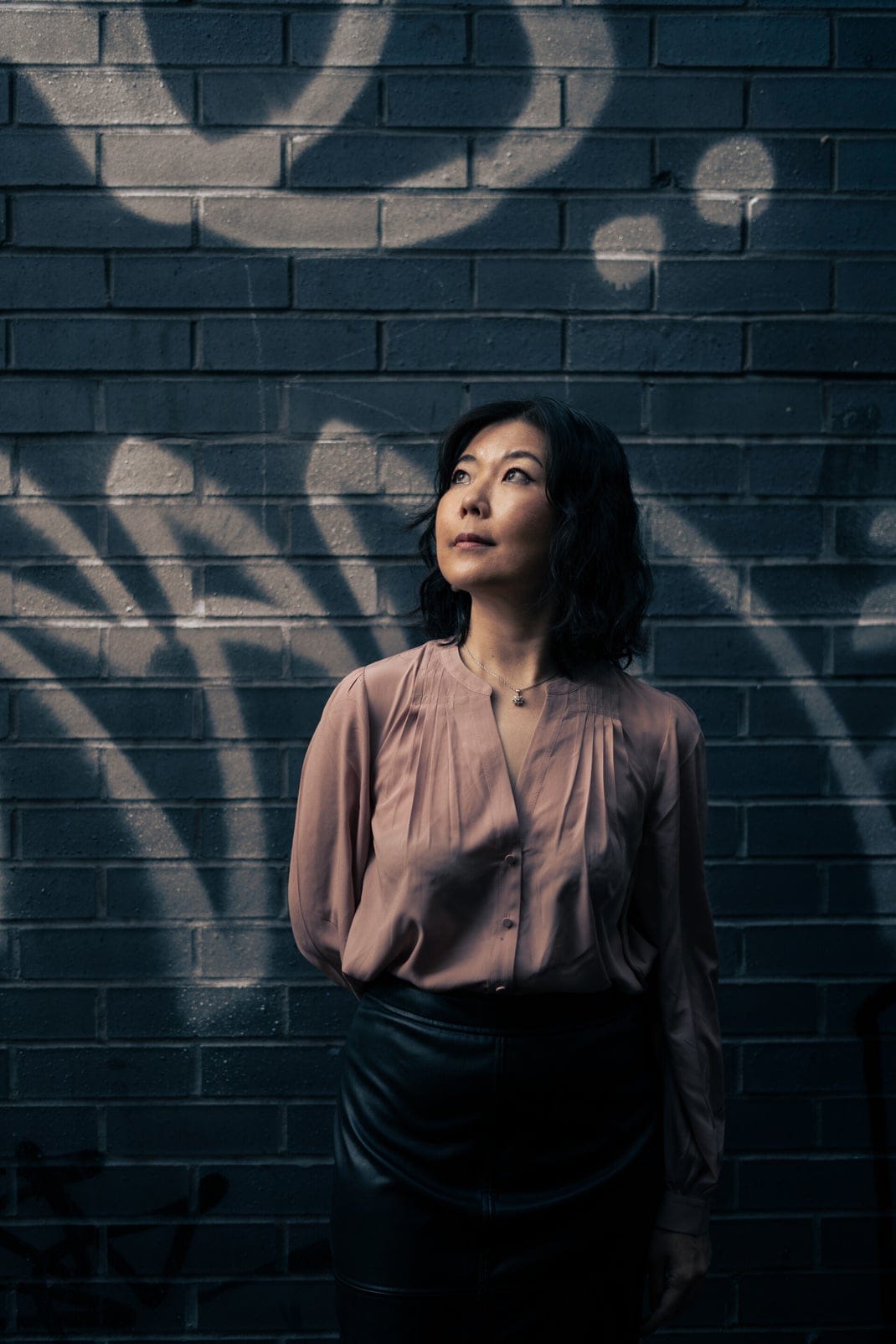Yuki Negishi's “Preludes”: Arensky, Rachmaninoff, Ravel, Gershwin
A wonderful disc, imaginatively programmed and superbly played

A disc of Preludes is not so unusual: but here there is no Chopin or Debussy in sight. Instead, Anton Arensky rubs shoulders with Rachmaninoff; Ravel meets Gershwin.
I enjoyed Japanese pianist Yuki Negishi's debut disc Enigma (music by Chopin, Melanie Spanswick, Kapustin and Robert Mitchell); and this hour-long disc is just as nourishing for the soul. Negishi is a fine pianist,, thoughtful and yet capable of passion. Negishi hones her sound and approach carefully to each composer.
Anton Arensky remains undervalued as a composer to this day. He was a teacher of Rachmaninoff, and his music is melodious and beautifully crafted. Arensky himself studied at the then St Petersburg Conservatory with Rimsky-Korsakoff, so there is a fine lineage going on here; he later taught at the Moscow Conservatory from 1882 to 1895, Previously, I found joy in a recording of his Suites on Naxos (Moscow SO/Yablonsky: review), and in his D-Minor Piano Trio, Op. 32 (1894) performed by the Yuval Trio (review). Now the set of 12 Preludes, Op. 63 (published 1903) can be added to the list. Dedicated to Nikolai Lavrov (1861-1928), the set is beautifully varied. The first prelude (A-Minor) sings with a melancholic line, beautifully projected by Negishi here. There is something of Rachmaninoff's beloved bells to the A-Major that follows, while the third, in G sharp-Minor, is gently melancholic.
Here's the A-Major, marked Moderato:
Some of the Preludes verge on Etudes, and Negishi allows this to act in contrast to the more flowing numbers. No. 5 is a case in point:
If you think Arensky is all froth and lightness (in comparison with Rachmaninoff, at least), try the Prelude Op. 36/10, a D-Minor Adagio of great depth. The treble and bass dialogue beautifully in Negishi's performance:
The final D flat-Major is a lovely Nocturne; what makes it really interesting is how its world contrasts with Rachmaninoff's instantly recognisable harmonic palette in the first of that composer's Op. 23 set of Preludes (there's also a set, Op. 32 - as my piano teacher pointed out once, the opus numbers are easy to remember as the numbers are reversed!).
When it comes to Rachmaninoff, one enters a whole world of emotion. The trick is not to sentimentalise the music; co-opting his music into films and pop music has really done Rachmaninoff's star no favours. Negishi finds the perfect way to project Rachmaninoff's profundity, her pedalling allowing all of the detail of the first (F sharp-Minor) to reveal itself:
Some of these Preludes are more famous than others: the B flat-Minor is pretty universally known, and it is in the more lyrical moments that Negishi excels here. And just listen to the perfect left-hand staccato in e D-Minor (No. 3, Tempo di menuetto). This whole performance is a tour-de-force, exuberant in the manner of a live performance and yet with the exactitude of the studio (the actual venue was St George's Headstone, London):
I like Negishi's “Alla Marcia” No. 5 very much: it is less overly virtuosic than many, but it really does convey the idea of a march, while her approach allows the contrasting section to sing:
The flickering lights of the C-Minor are pure Rachmaninov:
Rachmaninoff loved his bells, and I can hear their descending lines in No. 8 (A flat-Major); they seem to be prefigured in parts of the Arensky above, too ...:
Negishi takes the penultimate Prelude at a proper Presto, each note perfectly placed. And, as with the Arensky, the set ends with a quieter, more lyrical, nocturnal piece, the lovely G flat-Major:

The artifice of Ravel's A-Minor Prelude seems maximal contarst to the Rachmaninoff. Written as a sight-reading test for a conservatory, it is a fine piece in its own right and certainly deserves to be heard more:
It is amazing to think George Gershwin was only 38 when he died, and yet achieved so much. Rhapsody in Blue, An American in Paris .... and these Three Preludes, each beautifully crafted. Negishi's performance of No. 2 (C sharp-Minor, Andante con Moto) is simply beautiful:
A wonderful disc: if you don't know the Aresnky yet, you'll love it.
Preludes is available at Amazon here.

